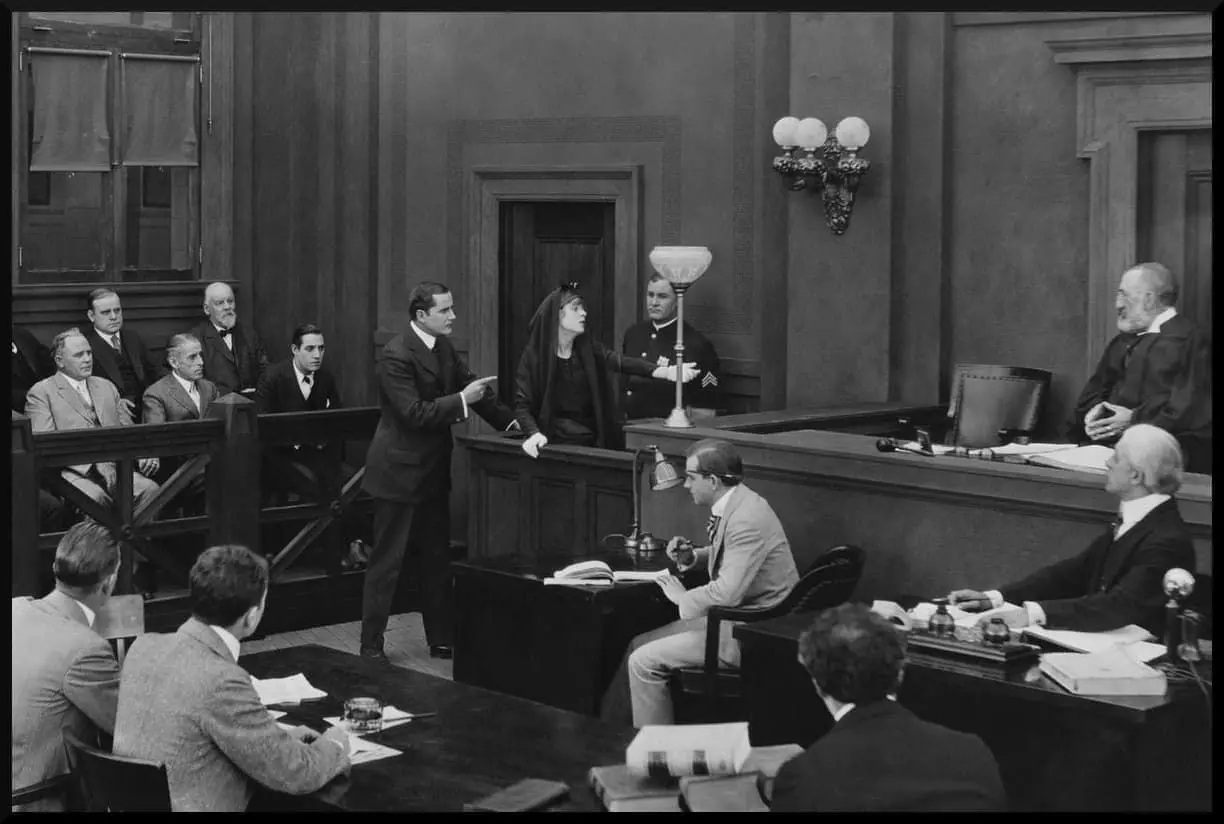By , Leave a Comment

Table of Contents
Do You Have a Choice?
If you’re a witness in a criminal case, you might wonder whether speaking with the district attorney is mandatory.
Speaking with the District Attorney is mandatory only when you’re testifying at a criminal proceeding – answering questions from the witness stand, under oath. That’s the only situation where a district attorney can compel witnesses to speak.
However, the DA can’t compel you to testify without first properly serving you with a subpoena. Even then, you might be able to invoke your Fifth Amendment privilege (“plead the Fifth”), in order to avoid incriminating yourself with your testimony.
Be careful, though. If you’ve been properly subpoenaed, you can only plead the Fifth from the witness stand. If you’ve been properly subpoenaed and you fail to come to court, then the judge can hold you in contempt – even if you would have had the right to plead the Fifth.
After pleading the Fifth, you can only be compelled to testify if the DA gives you “immunity”. Immunity is the right not to be prosecuted for matters about which the DA compels you to testify.
The court can hold you in contempt if you refuse to testify after receiving immunity. With immunity, you’re required only to speak from the witness stand. Nowhere else.
Off the Witness Stand, Speaking with DA Is Optional
Outside of court, the D.A. can’t force you to speak.
When you’re not testifying, speaking with the district attorney, or not speaking, is always your option:
- You don’t have to go to the DA’s Office to discuss your case.
- You don’t have to open your door when the DA comes to your house.
- You don’t have to get on the phone when the DA calls you.
- You don’t have to be polite and call back when the DA leaves you a message.
- You don’t have to rehearse answering questions that the DA will ask you when you testify.
- You don’t have to explain why you won’t speak.
- If you choose to speak, you can terminate the conversation at any time.
- You can engage in an entire conversation with the DA, while choosing to answer some questions, but not others.
You can, of course, speak with the DA if you wish. But when you’re off the witness stand, you’re not obligated to do so. If you don’t want to speak, you don’t have to.
You have the right to remain silent. Outside of court, that right is the same whether the person questioning you is from the DA’s office or the police department.
Outside of court, speaking with the District Attorney is your choice.
Why You Might Choose Not to Speak with the DA
Reasons you might want to avoid speaking with the District Attorney:
- Maybe you don’t want to risk incriminating yourself. If it’s remotely possible that you might incriminate yourself, you should never speak with the DA, for the same reasons why you should Never Speak with Police.
- Maybe you have a general policy against speaking with people who are in law enforcement.
- Maybe you don’t want to do anything that might help the DA prosecute someone you care about.
- Maybe in the past, the DA’s actions have harmed you or someone you care about, and you don’t want that to happen again.
- Maybe the DA’s actions are currently harming you. (One common example: against your wishes, the DA refuses to drop an order of protection that’s keeping you and your spouse apart.)
- Maybe you feel like the DA is trying to trick or manipulate you.
- Maybe the DA has been rude to you.
- Maybe the DA has threatened to have ACS take your children away if you refuse to cooperate.
You can choose not to speak with the DA for any reason, or for no reason at all. Having the choice not to speak with district attorneys, and anyone else involved with law enforcement, is the essence of living in a free country.
You’re Entitled to a Subpoena
If you don’t want to testify, determine whether you’ve been properly served with a subpoena.
A subpoena is a written court order, directing you to attend court and testify and, sometimes, to bring evidence to court. If the DA hasn’t properly subpoenaed you, then you don’t have to attend court.
If you disobey a properly served subpoena, the DA might be able to get a “material witness order”, authorizing the police to arrest you and bring you to court.
If you receive a subpoena and you don’t want to testify, contact a criminal defense lawyer immediately, to discuss:
- Whether you’ve been properly served;
- What could happen if you disobey the subpoena; and
- Whether you have the right to plead the Fifth on the witness stand, or receive immunity prior to testifying.
Free Consultation
Bruce Yerman is a a criminal defense lawyer in New York City. His office is located in Suite 1803 of 299 Broadway in Manhattan.
If you’d like a free consultation to discuss criminal defense or family law, call Bruce at:
Or email Bruce a brief description of your situation:

Leave a Reply